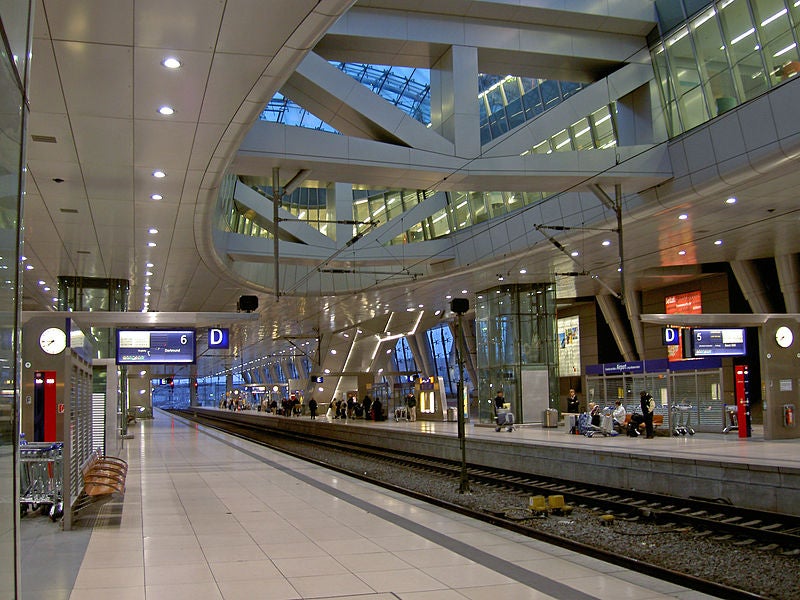
The International Air Transport Association (IATA) has partnered with the International Union of Railways (UIC) to support intermodal travel and interoperability.
Under the agreement, the companies will focus on data exchange standards supporting intermodal travel.

Discover B2B Marketing That Performs
Combine business intelligence and editorial excellence to reach engaged professionals across 36 leading media platforms.
The partners will explore collaboration opportunities from the perspective of existing distribution processes and standards.
They will also explore opporturnies from the angle of transformative retail-based ‘offer-order’ processes and standards.
IATA and UIC hope that these approaches will promote opportunities for value-creation in intermodal partnerships.
Some of the areas that will be explored by the partnership include journey planning, shopping, reservations, servicing and ticketing.

US Tariffs are shifting - will you react or anticipate?
Don’t let policy changes catch you off guard. Stay proactive with real-time data and expert analysis.
By GlobalDataThe partnership will also focus on industry coding, accounting and settlement, legal aspects and check-in and validation control.
IATA director general and CEO Alexandre de Juniac said: “For 75 years, IATA’s mission has included supporting and facilitating the development of the commercial standards that enable the smooth and efficient operation of a globally inter-connected air transport network.
“As customers increasingly seek sustainable travel options, it is important that providers work together to provide seamless exchanges of passengers and passenger information. IATA has extensive experience in facilitating standards development to support intramodality and our MoU with UIC is an important step toward strengthening this activity.”
Last month, a report from IATA found that carbon emissions per passenger have more than halved since 1990 due to improvements in fuel efficiency.
In June last year, IATA said governments need to take a harmonised approach in allocating airport slots according to the principles of certainty, transparency and flexibility.
IATA has been exploring ways to address the slot problems and capacity constraints faced by airlines.





